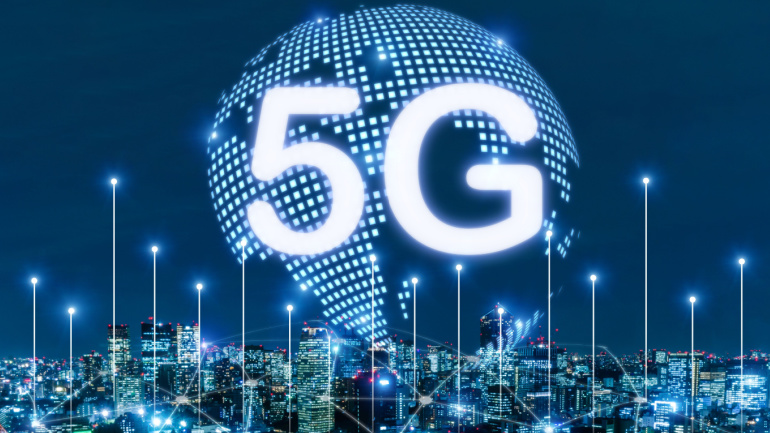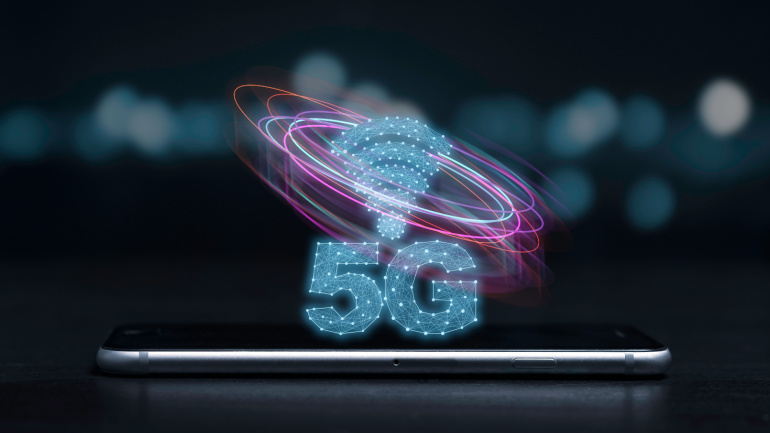Microsoft is collaborating with UAE’s AI firm G42 in a landmark move aimed at accelerating AI innovation across such sectors as finance, healthcare, and education, with a considerable investment. This move, merged with strategic geopolitical consideration, has sent ripples across the global telecommunications industry, indicating a shift in its dynamics.
Global smartphone shipments saw a notable 7.8% year-over-year increase in the first quarter of 2024, according to data from IDC’s Worldwide Quarterly Mobile Phone Tracker. The total shipments for the quarter reached 89.4 million units, marking the third consecutive quarter of growth and indicating a solid recovery in the smartphone market.
Huawei is nearing completion of a large R&D complex in Shanghai focused on semiconductor technology. Fujitsu, NEC, NTT, and DoCoMo have unveiled a groundbreaking ‘top-level sub-terahertz 6G device’ achieving 100 Gbps speeds over 100-meter distances in the 100 GHz and 300 GHz bands. MASV’s Solutions Partner Program simplifies large file transfers using their cloud-based platform. LEAP is expanding global customer outreach with Vonage’s Communications APIs and SIP Trunking for scalable cloud connectivity.
Nokia unveiled specialized, private AI models for the telecom sector to improve network operations and customer service. A coalition of 10 governments agreed on principles for secure 6G networks. IBM and the GSMA have launched a global AI training initiative to bridge the AI knowledge gap among telecom operators. Qualcomm’s Snapdragon X80 modem chip introduces 5G-Advanced support with up to 10 Gbps speeds and six-carrier aggregation.
At the recent MWC Barcelona 2024, industry leaders Huawei convened the Green Development Elite Club, a stage for key representatives from prominent organizations to illuminate their vision and effort for Green Target Networks. These networks aim to foster sustainable growth, using state-of-the-art computing power and AI to transform operations.
The radio access network (RAN) equipment market experienced a significant downturn last year, as highlighted by recent reports from Omdia and Dell’Oro. These reports, drawing from detailed market analysis, reveal a challenging period for the industry, with global RAN revenues dropping by 11% to just over $40 billion.
In a comprehensive analysis conducted by MedUX, a connectivity testing firm, Berlin emerged as the front-runner in providing the best 5G experience across major European cities. The study, which encompassed extensive testing in cities such as Barcelona, Paris, Lisbon, Milan, Porto, Rome, Madrid, Munich, and London, highlighted Berlin’s superior performance in data and over-the-top (OTT) experiences, alongside its impressive overall score of 4.69 out of 5.
Recognizing the growing demand for mid-band spectrum, the International Telecom Union (ITU) appends new frequency bands for 5G usage. A significant addition was the 6GHZ spectrum, which is anticipated to facilitate the 5G evolution. Multiple global operators have conducted successful tests, making strides toward a seamless shift to 5G-Advanced. This advancement not only opens a myriad of industry opportunities but also promises an improved user experience potentially comparable to the fiber experience.
In a surprising turn of events, Apple, the tech powerhouse, has emerged victorious in the global smartphone market for 2023, surpassing its competitors in sales despite maintaining its position as the most expensive option. This revelation comes from IDC, the first analyst firm to release figures supporting Apple’s unprecedented success this year.
Ooredoo drives Qatar National Vision 2030 with a widespread fiber rollout, covering 99.9% of households, maintaining high service levels and introducing innovative technologies. Vodafone UK advocates for the implementation of 5G SA technology, citing its transformative impact on industries, such as renewable energy and agriculture. CableLabs has made strides in deploying 10G network in 2023, advancing DOCSIS 4.0 technology, issuing CPON architecture specifications, and accelerating FTTP adoption. Microsoft’s new Copilot key represents a groundbreaking addition to Windows keyboards, integrating AI seamlessly and signaling a significant shift after three decades.













